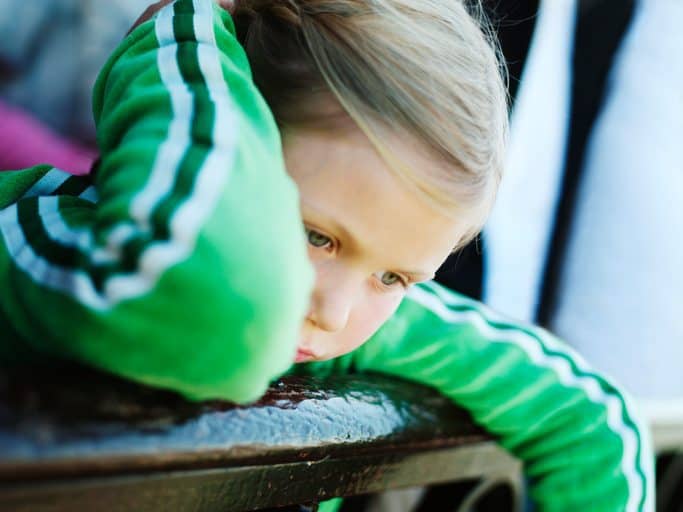

Disasters are stressful for everyone and can be especially so for children there are several ways for easing children’s stress. Hurricane Irene swept across the Eastern seaboard this week bringing heavy rain and flooding to multiple states. A lot of displaced populations were creating stress and havoc for thousands. And now that Hurricane Irene has dissipated and the clean-up has begun, it’s time to focus on helping the littlest victims understand and cope with events beyond their control.
Children who experienced disasters firsthand can be left feeling confused, afraid, and insecure. According to FEMA, children’s biggest fears are that the event will happen again. Also that someone close to them will be hurt, or that they will be separated from their family. These feelings can even manifest in children not directly affected by the storm. It can be as innocuous as hearing the storm discussed or viewing images on the TV.
Children with crisis stress may experience separation anxiety, a return to earlier behavior patterns like bedwetting ( in younger children), sleeping problems, anger, aggression, school issues (in older children) or withdrawal. When one or more of these symptoms of stress become apparent use the methods listed below to help your child cope and understand.
Stress Tips for Disasters and Easing Children’s Stress
Listed below are few ways of easing children’s stress during disasters.
- Touch your child. Reassure your make them feel safe with a hug and letting them know you are here for them. Close contact helps keep fears of abandonment at bay in unsure times.
- Create safety and security. Anchor your child’s needs with something to cuddle: a Teddy bear or a blanket that helps them feel safe. For older children, include them in your talks about what comes next and what the family’s plans are; this gives them a sense of purpose and continuity.
- Hear and speak. Give your children simple and accurate information. This is very important for school-aged children as they will be likely to hear wild rumors from school and other children. For younger kids, listen to their questions than repeat them back so they are assured that you heard them.









